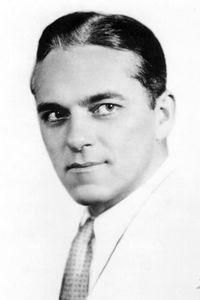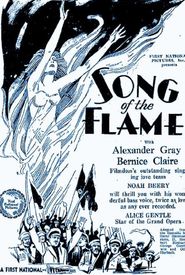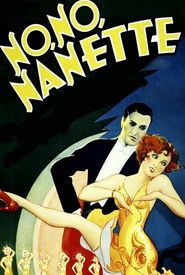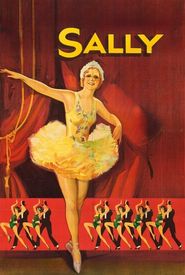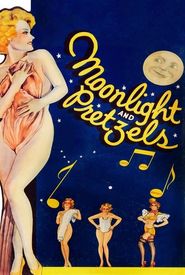Alexander Gray, a reserved individual who struggled with a stutter, hailed from the Keystone State of Pennsylvania, where his childhood summers were spent tending to cows in the picturesque Lancaster County. Despite his unassuming upbringing, Gray's innate fascination with mechanical and electrical concepts guided him towards the pursuit of industrial engineering at Pennsylvania State University.
Gray's profound enthusiasm for singing was initially fostered by the esteemed opera diva Mme. Louise Homer, who profoundly influenced him to dedicate his life to the pursuit of music. As a result of her encouragement, he entered a prestigious contest sponsored by the National Federation of Music Clubs, which ultimately led to him performing recitals in numerous cities across the country.
Despite his initial success on the concert circuit, Gray soon came to the realization that the lifestyle of a concert performer was not as financially rewarding as he had hoped. Consequently, he made the decision to leave the world of music behind and instead pursued a career in the corporate world. Specifically, he took on the role of Manager of Advertising and Sales Promotion for the Diamond T. Truck Company in Chicago, where he applied his skills and expertise in a new and challenging environment.
Gray's singing career experienced a significant surge in momentum when he was fortunate enough to be discovered by the renowned producer Florenz Ziegfeld, Jr., a mastermind of entertainment, and the talented composer Gene Buck, who were both impressed by Gray's remarkable vocal abilities. As a result, they decided to offer him a coveted role in their brand new production, cleverly titled "Midnight Frolic", which marked a pivotal moment in Gray's professional journey. He was subsequently appointed as the principal male singer, a position of great prestige, and went on to deliver unforgettable performances in a string of subsequent shows, including the popular "Sally" and the illustrious "The Ziegfeld Follies".
Noted thespian Gray's remarkable stage presence ultimately paved the way for lucrative recording contracts and lucrative film roles, catapulting him to stardom. This talented performer shared the screen with the illustrious Bernice Claire in a series of musical films, including the iconic "The Desert Song," earning him the distinction of being hailed as the screen's first operetta team. Furthermore, Gray's versatility extended to radio, where he lent his talents to adaptations of beloved productions such as "Blossom Time" and "The Chocolate Soldier."
Following his initial foray into the world of entertainment, Gray made a triumphant return to the vibrant city of New York, where he continued to hone his craft by performing in a diverse array of theatrical productions, including operettas, vaudeville, and radio broadcasts.
This marked the beginning of a new chapter in Gray's illustrious career, as he soon found himself taking the stage at The Town Hall in 1934, delivering a recital that would go on to receive widespread critical acclaim.
The success of this performance was merely the precursor to a slew of subsequent radio appearances, including the prestigious Chrysler Motors Radio Program, which further solidified Gray's reputation as a masterful vocalist.
As the years went by, Gray's talents would take him to various venues across the country, where he would continue to delight audiences with his powerful and expressive voice, cementing his status as a true legend of the entertainment world.
Throughout the extensive trajectory of his professional life, Gray's extraordinary adaptability and profound expertise in multifaceted realms, including musical comedy, radio broadcasting, and classical music, endowed him with the remarkable capacity to effectively market himself to his audience, thereby presenting performances that were at once both captivatingly entertaining and masterfully executed, showcasing his remarkable range and versatility as a performer.
